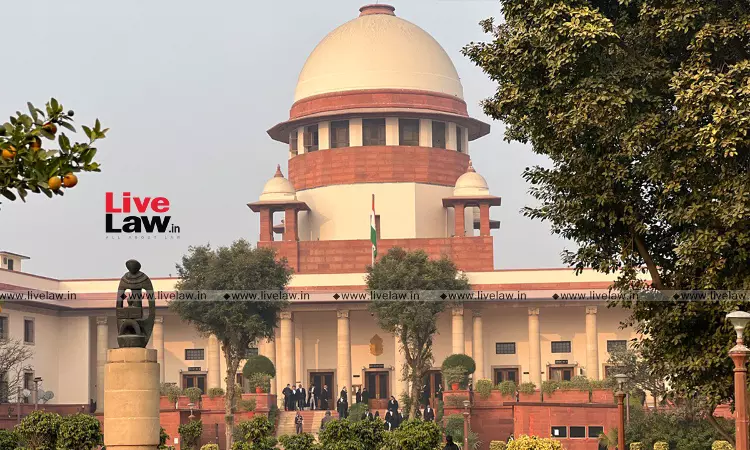Mere Intimidation To Silence Kidnapped Child Victim Not Sufficient to Prove Threat To Life & Limb: Supreme Court
Awstika Das
7 March 2023 11:43 AM IST

Next Story
7 March 2023 11:43 AM IST
Merely intimidating a kidnapped child to stop him from shouting for help did not prove the ingredient of threat resulting in a reasonable apprehension that such person may be hurt or killed as required for sustaining a conviction under Section 364A (kidnapping for ransom, etc.) of the Indian Penal Code, said the Supreme Court last week. A division bench of Justices Sanjay Kishan Kaul...
